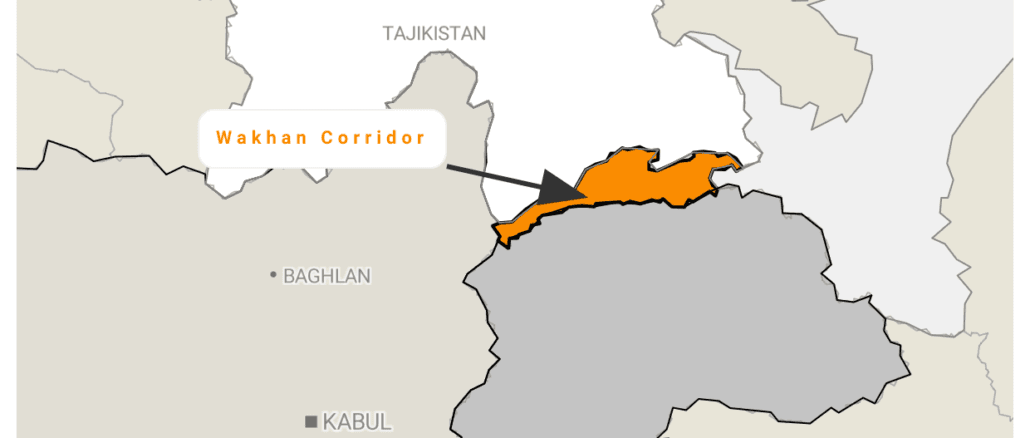
A fresh wave of debates has been sparked about the potential presence of Pakistani military forces in the strategically significant Wakhan Corridor of northeastern Afghanistan. These discussions intensified following a meeting in Kabul between Taliban Acting Minister of the Interior Sirajuddin Haqqani and Chinese Ambassador Zhao Xing—talks in which Wakhan reportedly figured prominently. Meanwhile, Pakistan’s Chief of Army Staff has met with the President of Tajikistan, adding further to the speculations.
Taliban Officials Reject Presence of Pakistani Troops
The Taliban’s police command in Badakhshan Province has firmly denied reports claiming that Pakistani troops have entered the Wakhan region. However, neither the Taliban’s senior officials in Kabul nor the Pakistani government have commented publicly on these rumors thus far.
Despite the denial, reports of possible foreign military activities in this remote corridor continue to stir discussion, especially as Minister Haqqani and the Chinese ambassador addressed Wakhan during their recent meeting. China, in addition to maintaining favorable ties with the Taliban, also wields significant influence in Pakistan.
Why Wakhan Matters
For those unfamiliar with the geography, the Wakhan Corridor is a narrow strip of territory in northeastern Afghanistan bordering China, Pakistan, and Tajikistan. Some Pakistani politicians have previously suggested that Islamabad take control of the corridor to establish a direct link with Central Asia.
The Taliban government, for its part, has completed a road in Wakhan extending to the Chinese border, aiming to facilitate direct trade between Afghanistan and China. According to a press statement by the Taliban’s Ministry of Interior, Minister Haqqani, and Ambassador Zhao spoke about the strategic importance of the Wakhan Corridor, expanding bilateral trade relations, and the resumption or expansion of passenger flights between the two countries.
The ministry’s statement stressed the importance of enhanced cooperation for “mutual interests” but did not provide detailed specifics on what was discussed regarding Wakhan.
Conflicting Claims on Social Media
In recent days, individuals who claim to have links to the Pakistani military have posted on social media that Pakistan might seize Wakhan to secure what they describe as a “permanent solution” to its issues with Afghanistan. They argue that if such a move were to occur, Afghanistan would lose its border with China, while Pakistan would gain a land connection to Tajikistan, a key Central Asian nation.
The Taliban’s police spokesperson in Badakhshan, Ehsanullah Kamgar, told the state-run Bakhtar News Agency that there is no evidence of Pakistani troops entering the area and that the Taliban’s security forces remain fully prepared to respond to “any foreign threat.”
Regional Diplomacy Increases Speculation
Against this backdrop of rumors, Lieutenant General Asim Malik, Pakistan’s Director General of the Inter-Services Intelligence (ISI), met on Monday with Tajik President Emomali Rahmon. The Tajik Presidency said in a statement that both sides discussed peace, security, and stability in the region and stressed the need to combat terrorism, extremism, and drug trafficking.
While officials have not explicitly mentioned Wakhan in public statements, observers see the timing of these meetings—both in Kabul and Dushanbe—as indicative of intensifying regional maneuvers and diplomatic overtures related to the strategic corridor.





1 Trackback / Pingback